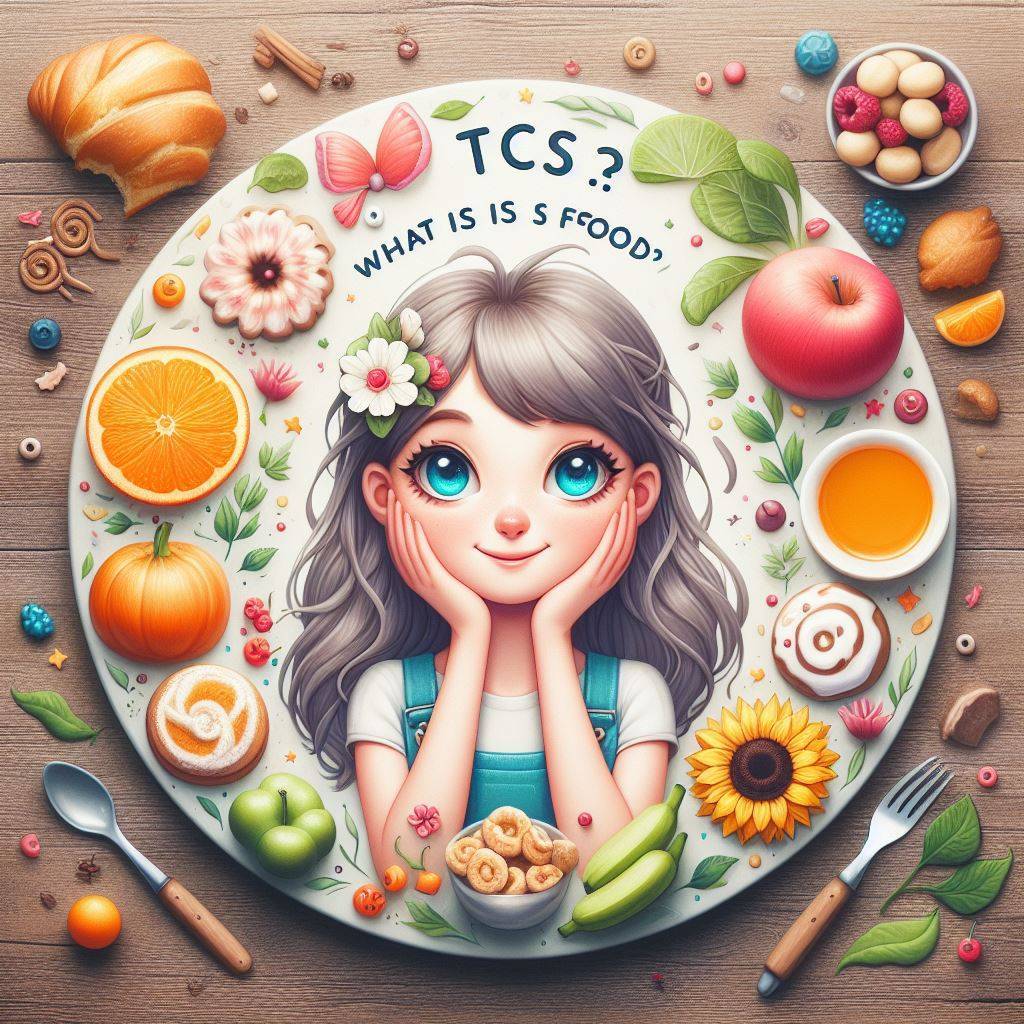The content discussed in this document has highlighted the impact of food on testosterone levels. It is important to note that while certain foods can increase testosterone levels, others can have the opposite effect and decrease them.
One type of food that has been known to negatively affect testosterone production is soy-based products. Soy contains phytoestrogens, which are compounds that mimic estrogen in the body. As testosterone is the primary male sex hormone, an increase in estrogen can inhibit its production and lead to a decrease in testosterone levels.
Do eggs lower testosterone?
Eggs have been a staple in many diets for their high protein content and versatile usage. However, there has been some concern about the potential impact of eggs on testosterone levels.
There are conflicting studies on whether or not eggs lower testosterone, with some research suggesting that they may increase it. Eggs contain cholesterol, which is necessary for the production of testosterone. Additionally, the yolk of an egg contains nutrients such as vitamin D and zinc, which have been linked to healthy testosterone production.
On the other hand, some studies have shown that excessive consumption of eggs can lead to an increase in estrogen levels. This could potentially impact testosterone production negatively.
Overall, more research is needed to determine the exact impact of eggs on testosterone levels. However, incorporating eggs into a balanced diet in moderation should not significantly affect testosterone levels. It is important to consult with a healthcare professional for personalized advice on dietary choices and their potential impact on hormone levels.
What other foods should be avoided?
Aside from soy-based products, there are other types of food that may decrease testosterone levels. These include processed foods, sugary foods and drinks, and alcohol.
Processed foods are often high in unhealthy fats and lack important nutrients that support testosterone production. Similarly, sugary foods and drinks can lead to weight gain and insulin resistance, which can negatively impact hormone levels.
Alcohol consumption has also been linked to lower testosterone levels, as it can interfere with the body’s natural hormone production process.
It’s important to note that while these foods may have a negative impact on testosterone levels, they should not be completely avoided. Moderation is key in maintaining a balanced and healthy diet.
What foods can boost testosterone?
On the other hand, there are several types of food that have been linked to increased testosterone production. These include:
- Tuna
- Oysters
- Shellfish
- Beef
- Poultry
- Beans and legumes
- Nuts and seeds
- Leafy green vegetables
- Avocados
- Garlic
- Berries
- Whole grains
These foods contain important nutrients such as zinc, vitamin D, and healthy fats that have been shown to support testosterone production in the body. Incorporating these foods into a balanced diet can potentially help maintain healthy testosterone levels.
Frequently Asked Questions
Q1: Can diet alone significantly impact testosterone levels?
A1: While diet plays a crucial role in maintaining healthy testosterone levels, it’s only one factor among many. Testosterone levels are influenced by a variety of factors, including age, lifestyle, sleep quality, and physical activity.
Q2: Are there any risks associated with high testosterone levels?
A2: Extremely high testosterone levels can lead to certain health issues such as heart disease, sleep apnea, and prostate growth. It’s always advisable to maintain a balanced level of hormones in the body.
Q3: Can women’s testosterone levels be affected by diet?
A3: Yes, women’s testosterone levels can also be affected by diet. Though the hormone is typically associated with men, women also produce testosterone and its levels can be impacted by similar dietary factors.
Q4: Are testosterone supplements a good alternative to natural food sources?
A4: While testosterone supplements may help increase testosterone levels, they should not replace a balanced diet. It’s important to consult with a healthcare professional before starting any supplement regimen.
Q5: How quickly can dietary changes impact testosterone levels?
A5: The speed at which dietary changes affect testosterone levels can vary. It’s a gradual process and requires consistency in dietary habits. Regular exercise and maintaining a healthy lifestyle can also contribute to quicker results.
Conclusion
While there is no single food that kills testosterone, it’s important to be mindful of the impact of our dietary choices on hormone production. Incorporating a variety of nutrient-dense foods and avoiding excessive consumption of processed foods, sugary foods and drinks, and alcohol can help support healthy testosterone levels. As always, it is important to consult with a healthcare professional for personalized advice on maintaining hormonal balance through diet and lifestyle choices.



Наиболее важные события модного мира.
Все события самых влиятельных подуимов.
Модные дома, торговые марки, высокая мода.
Самое приятное место для трендовых людей.
https://fashionvipclub.ru/news/2024-06-19-gruzin-kotoryy-perevernul-mirovuyu-modu-demna-gvasaliya/
Наиболее стильные новинки модного мира.
Актуальные новости самых влиятельных подуимов.
Модные дома, лейблы, высокая мода.
Интересное место для стильныех хайпбистов.
https://hypebeasts.ru/
Несомненно стильные новости мировых подиумов.
Исчерпывающие события самых влиятельных подуимов.
Модные дома, бренды, высокая мода.
Интересное место для трендовых хайпбистов.
https://luxe-moda.ru/chic/162-loro-piana-lyubimyy-brend-politikov-i-biznesmenov/
Полностью трендовые события мира fashion.
Все события мировых подуимов.
Модные дома, лейблы, высокая мода.
Самое лучшее место для модных хайпбистов.
https://balmain1.ru/balmain/381-kak-otlichit-originalnyy-balmain-ot-poddelki/